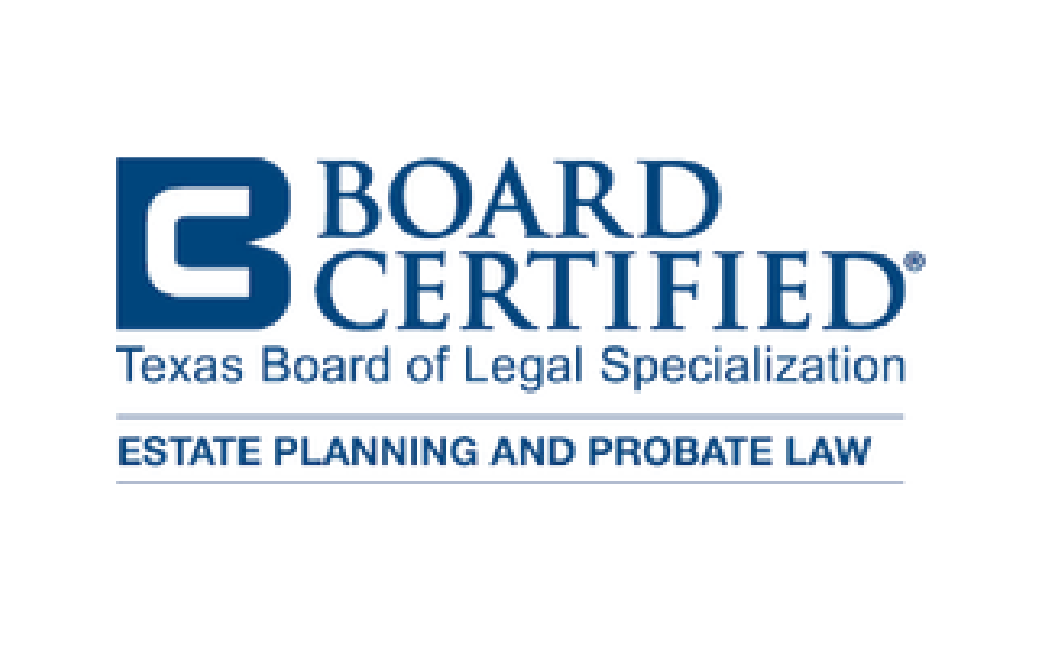Judith P. Kenney & Associates Blogs
Estate Planning Attorney: Your Key to Securing Your Family's Future
Understanding Estate Planning
Understanding the importance of estate planning attorneys begins with recognizing the complexity of the legal landscape surrounding asset distribution and inheritance. Estate planning involves more than just drafting a will; it encompasses a range of legal tools and strategies to protect assets and ensure they are passed on according to your wishes. An estate planning attorney specializes in navigating this intricate area of law, offering tailored advice and solutions to meet your unique needs and goals. They possess in-depth knowledge of state and federal laws governing estates, trusts, taxes, and probate, allowing them to create comprehensive plans that address your specific circumstances. With their guidance, you can avoid common pitfalls and ensure your estate plan complies with legal requirements. Whether you're planning for the future or addressing immediate concerns, consulting with an estate planning attorney is the first step towards securing your family's future.
The Role of Estate Planning Attorneys
Estate planning attorneys play a pivotal role in the process of safeguarding your family's future. They serve as trusted advisors, guiding individuals and families through the complexities of estate planning with expertise and compassion. One of the primary roles of estate planning attorneys is to ensure that your wishes are clearly articulated and legally binding. They work closely with clients to understand their unique circumstances and goals, crafting personalized estate plans that reflect their wishes and protect their assets. Additionally, estate planning attorneys assist in navigating the intricacies of estate and tax laws, helping clients minimize tax liabilities and avoid potential legal disputes. From drafting wills and trusts to establishing powers of attorney and healthcare directives,
estate planning attorneys
provide comprehensive solutions tailored to each client's needs. With their guidance, individuals can have confidence that their loved ones will be provided for and their legacy will be preserved according to their wishes.
Assessing Your Estate Planning Needs
Assessing your estate planning needs is a critical step in the estate planning process, and it's where the expertise of an estate planning attorney truly shines. These professionals understand that every individual and family has unique circumstances, goals, and concerns, and they tailor their services accordingly. When you consult with an estate planning attorney, they will take the time to thoroughly assess your financial situation, family dynamics, and future objectives. They'll ask detailed questions to understand your assets, liabilities, and desired beneficiaries. Additionally, they'll discuss any special considerations, such as minor children, blended families, or charitable intentions. By conducting a comprehensive evaluation of your estate planning needs, an experienced attorney can recommend the most suitable strategies and tools to achieve your objectives. Whether you're starting from scratch or revisiting an existing estate plan, this personalized approach ensures that your plan reflects your wishes and provides peace of mind for the future.
Working with an Estate Planning Attorney
Working with an estate planning attorney is a collaborative process that empowers individuals and families to make informed decisions about their future. From the initial consultation to the finalization of your estate plan, an experienced attorney will guide you through each step with care and expertise. They'll start by listening attentively to your goals, concerns, and priorities, ensuring that they understand your unique circumstances. Next, they'll explain the various estate planning options available to you, taking the time to answer any questions you may have. Once you've chosen the strategies that best align with your objectives, your attorney will draft the necessary legal documents and oversee their execution. Throughout the process, they'll keep you informed and involved, providing regular updates and opportunities for feedback. By working closely with an estate planning attorney, you can feel confident that your wishes will be accurately
documented and legally enforceable
, giving you and your loved ones peace of mind for the future.
Common Estate Planning Tools and Strategies
Estate planning attorneys employ a variety of tools and strategies to help individuals and families achieve their estate planning goals. These tools are designed to address specific needs and circumstances, ensuring that each estate plan is tailored to the client's unique situation. Common estate planning tools include wills, trusts, powers of attorney, and healthcare directives. Wills are legal documents that specify how a person's assets should be distributed after their death. Trusts, on the other hand, are legal arrangements that allow assets to be held and managed on behalf of beneficiaries. Powers of attorney designate someone to make financial or medical decisions on your behalf if you become incapacitated. Healthcare directives outline your preferences for medical treatment in the event that you are unable to communicate your wishes. By understanding the various estate planning tools and strategies available, individuals can work with their estate planning attorney to create a comprehensive plan that meets their needs and protects their loved ones.
Addressing Special Circumstances
Estate planning is not one-size-fits-all, and estate planning attorneys understand that every family has unique circumstances that must be addressed. Whether you have a blended family, a special needs child, or charitable giving intentions, it's essential to ensure that your estate plan reflects these special circumstances. An experienced estate planning attorney can provide guidance on how to navigate these complexities and create a plan that meets your specific needs. For blended families, this may involve establishing trusts to ensure that assets are distributed fairly among all family members. For families with special needs children, the attorney can help set up special needs trusts to protect their eligibility for government benefits. Additionally, for individuals who wish to leave a legacy through charitable giving, the attorney can assist in structuring charitable trusts or including charitable bequests in their will. By addressing these special circumstances in your
estate plan
, you can ensure that your wishes are carried out and your loved ones are provided for according to your intentions.







